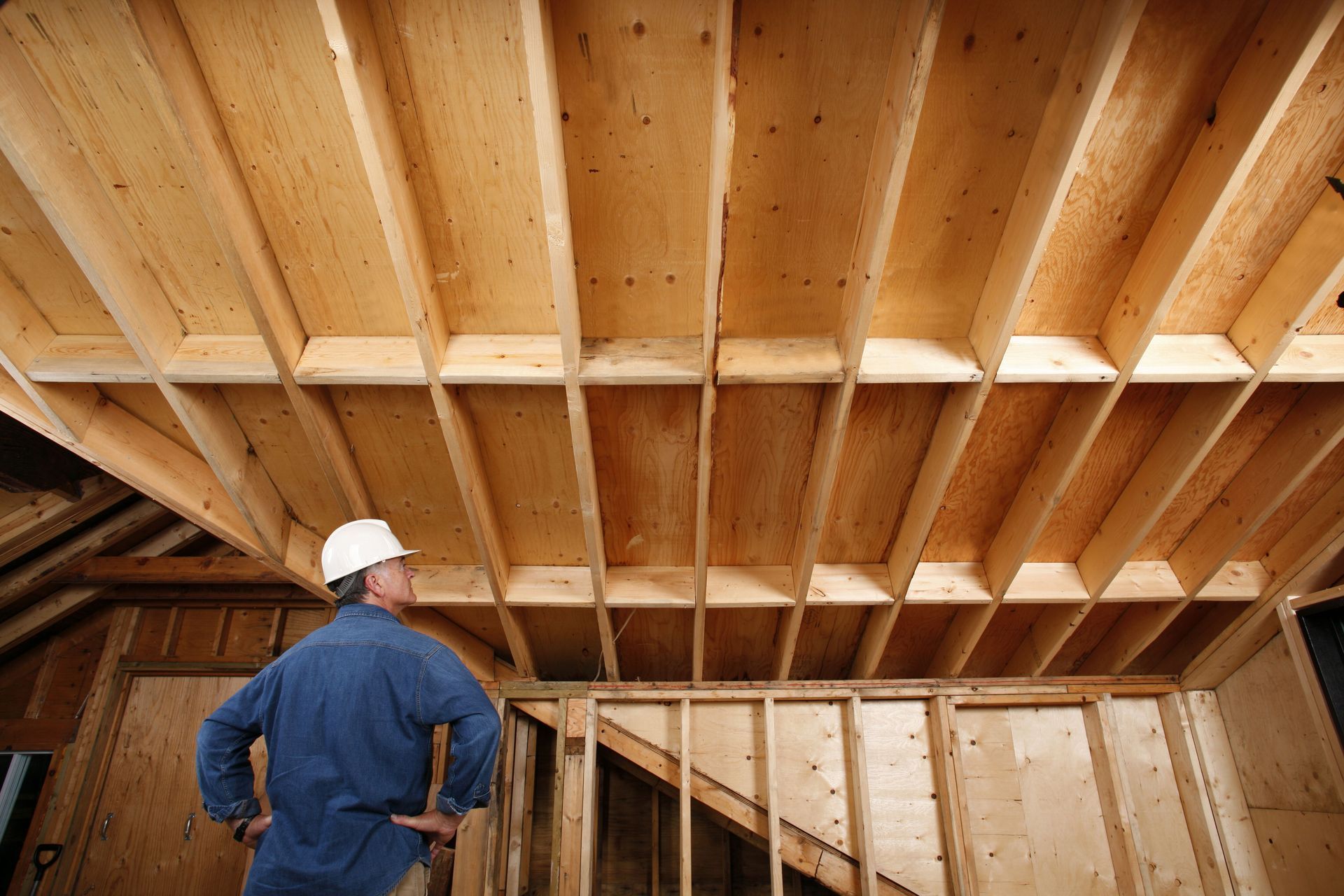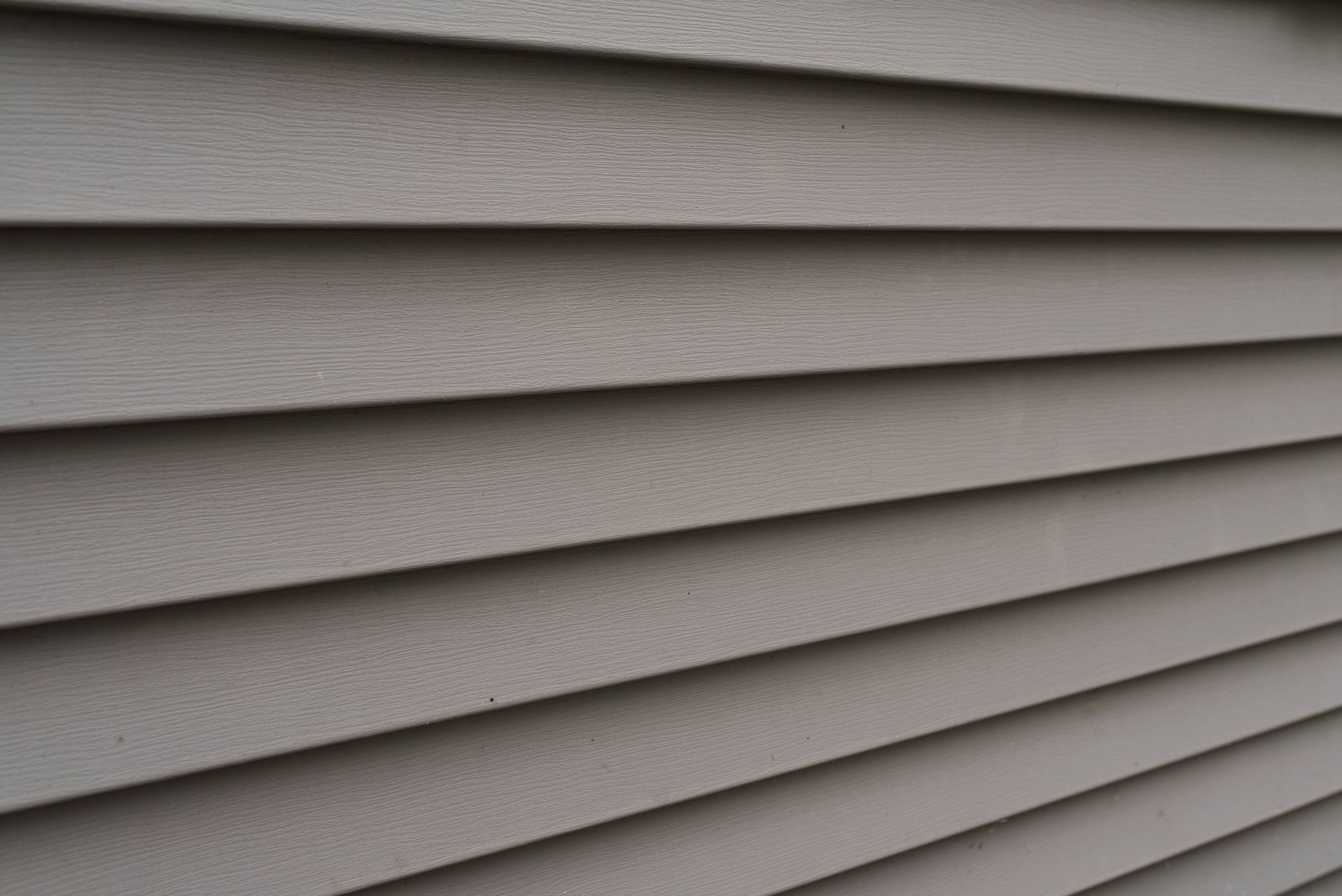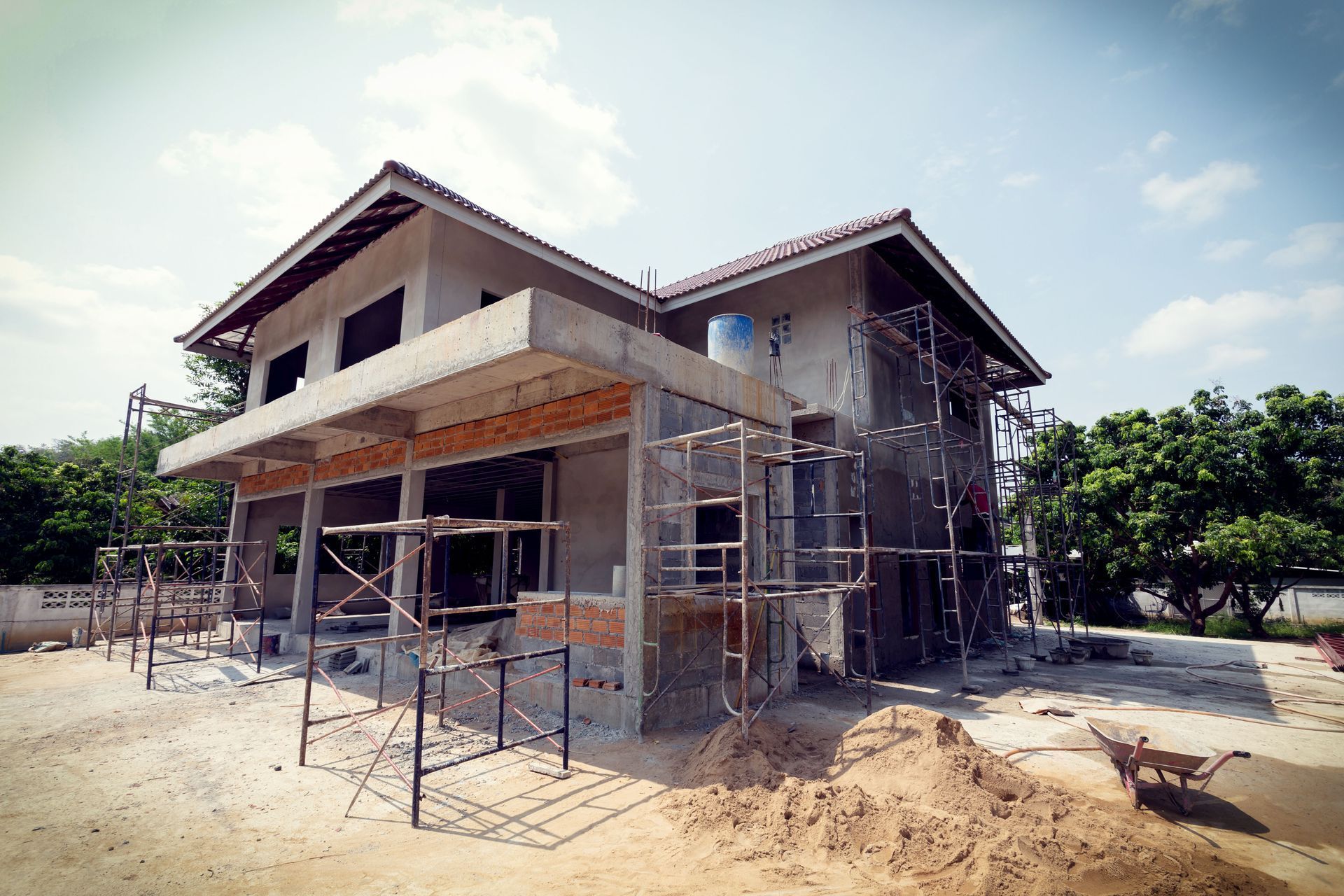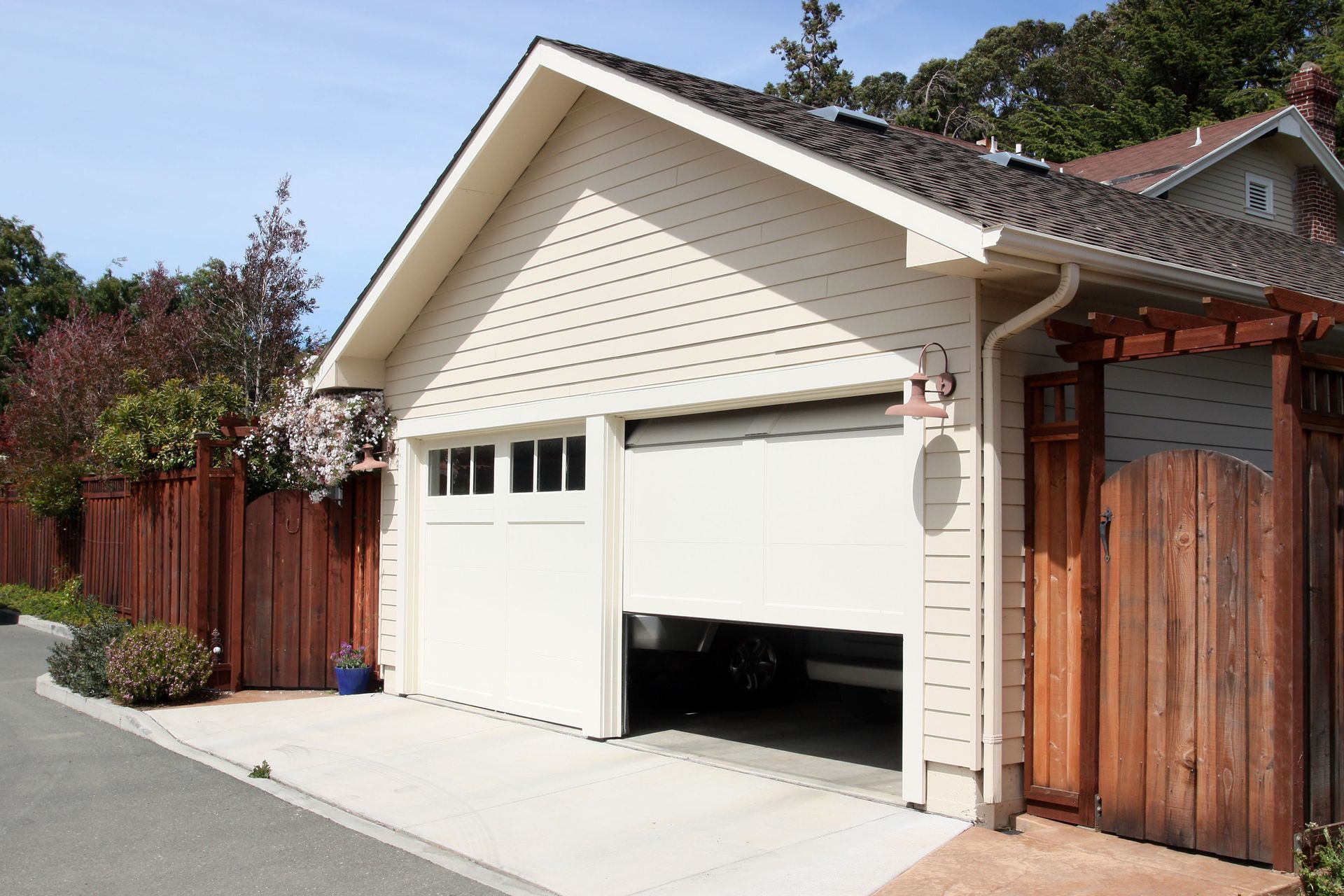What Happens If There’s an Issue After the Renovation Is Completed?
August 12, 2025
August 12, 2025
Highlights:
- Post-renovation issues may be covered under workmanship or manufacturer warranties.
- Reputable contractors offer service guarantees and prioritize customer satisfaction.
- Proper documentation and communication are key to resolving post-renovation problems.
- Understanding your contract terms helps manage expectations and timelines.
- Dillman Brothers serves homeowners in Urbana, IL with reliable post-project support and follow-through.
Understanding Post-Renovation Problems
Finishing a home renovation is exciting, but what happens if something goes wrong after the project is complete? From cracked siding to leaky windows, post-renovation issues are not uncommon. Homeowners in Urbana, IL should know what to expect when dealing with these problems. The outcome often depends on your contractor’s policies, your warranty coverage, and the nature of the issue. Being informed about your rights and the contractor’s responsibilities helps protect your investment. Companies like Dillman Brothers understand the importance of standing behind their work and assisting clients even after the final payment is made, ensuring long-term peace of mind.Workmanship Warranty Coverage
One of the first things to examine is whether the issue falls under a workmanship warranty. Reputable contractors usually offer these warranties for a specific period—often one to five years—covering labor-related problems like loose fixtures or structural errors. If a contractor guarantees their workmanship, they are typically obligated to return and fix the issue at no additional cost. According to the Federal Trade Commission , it's critical to get all warranty information in writing before your renovation begins so you understand what is and isn’t included in the service agreement.Manufacturer Warranties on Materials
In some cases, the problem may stem from the materials used rather than the contractor’s labor. For example, siding, windows, or roofing shingles may come with manufacturer warranties. These warranties vary in length and scope but generally cover defects that result from faulty manufacturing. Many manufacturers require that products be installed by certified or approved contractors in order for the warranty to remain valid. It’s important to review the manufacturer’s terms and confirm the contractor’s credentials before finalizing any installation agreements to avoid surprise exclusions.Frequently Asked Questions
Punch Lists and Final Walkthroughs
Another essential factor is the service agreement or “punch list” process. This refers to a list of minor issues or defects identified by the homeowner at the end of the project. Most contractors will fix these items before considering the job complete. However, if problems arise weeks or months later, you may need to go through a formal warranty claim or service request. According to Super Lawyers , addressing contractor issues promptly through respectful, clear communication—ideally followed up in writing—can often resolve disputes efficiently before escalating to legal action, especially when expectations were clearly outlined in a written agreement.Hidden Defects and Local Code Concerns
Some renovation issues may stem from hidden defects or code violations that weren’t obvious at first. For instance, water damage behind siding or poor insulation may not reveal themselves immediately. These cases can be more complex and may require third-party inspections or additional permits to correct. In Urbana, IL, local codes and inspection requirements may play a role in how post-renovation issues are handled. Knowing what was inspected during and after the renovation helps determine liability and the right steps to take with your builder or municipal office.Customer Support Beyond Completion
Reputable contractors like Dillman Brothers often provide ongoing customer support beyond the initial warranty window. Many even offer maintenance tips or annual check-ins as part of their service model. This proactive approach helps prevent future issues and builds trust with homeowners. It's a good idea to ask potential contractors about their post-project communication practices and whether they provide documentation or contact points for future concerns. A good contractor values client relationships just as much as project results.Frequently Asked Questions
The Importance of Documentation
Keeping a well-organized file of your renovation documentation can make a big difference if problems arise. This should include your contract, payment receipts, warranty certificates, inspection reports, and any communication with your contractor. If you need to file a claim, having all your records handy will streamline the process and strengthen your case. According to the Federal Trade Commission (FTC) , good documentation is essential if legal action becomes necessary or if you're working with a third-party warranty provider. Digital backups are highly recommended for added security.Reasonable Expectations and Tolerance
It’s also important to manage expectations. Not all imperfections are considered defects. For example, minor paint mismatches or slightly uneven tile spacing may fall within industry tolerance levels. Understanding what is reasonable versus what is unacceptable can help you communicate effectively with your contractor. In some cases, a small issue might not be worth the time or cost of a formal repair, especially if it doesn’t affect functionality or long-term durability or cause safety concerns.Mediation and Legal Remedies
Finally, if a serious post-renovation issue cannot be resolved directly with your contractor, mediation or small claims court may be an option. Most contractors prefer to settle disputes amicably to preserve their reputation. Before pursuing legal action, try mediation through local homebuilder associations or consumer protection agencies. These services are often free or low-cost and can lead to fair resolutions without the need for litigation. In Urbana, IL, local government offices may also offer support resources for homeowners facing renovation disputes and contractor complaints.Frequently Asked Questions
Partner with a Reliable Contractor
Dealing with a renovation issue after the project is completed can be frustrating, but it’s not uncommon. The key is working with a reputable contractor who stands behind their work—like Dillman Brothers in Urbana, IL. By understanding your warranty, documenting issues, and communicating clearly, you can protect your investment and keep your home in top shape. Knowing your options empowers you to act quickly and resolve problems with confidence, turning a stressful situation into a manageable one while preserving the value of your renovated space.

November 11, 2025
Highlights: Homes in humid or rainy climates demand siding that resists moisture, mold, rot, and warping. Materials like fiber cement and high-quality vinyl stand out for durability and low maintenance. Proper installation and ventilation matter just as much as material choice. Dillman Brothers serves homeowners in Champaign, IL and can guide local siding decisions. Selecting the right siding for Champaign, IL’s conditions helps protect your investment and improve performance. What Climate-Challenges Siding Faces in Humid or Rainy Regions In a region like Champaign, IL where humidity and rain occur regularly, siding faces more than just aesthetic stress: moisture intrusion, mold growth, rot, and warping become real risks. According to Kebony , excess dampness or trapped moisture can quickly damage insulation, weaken wood framing, and create mold inside the home. Homes in wetter and more humid climates require siding systems that manage moisture rather than simply look attractive. That’s why when Dillman Brothers works with homeowners in Champaign, IL, they emphasize materials chosen for water resistance, drainage, ventilation, and proper installation.












